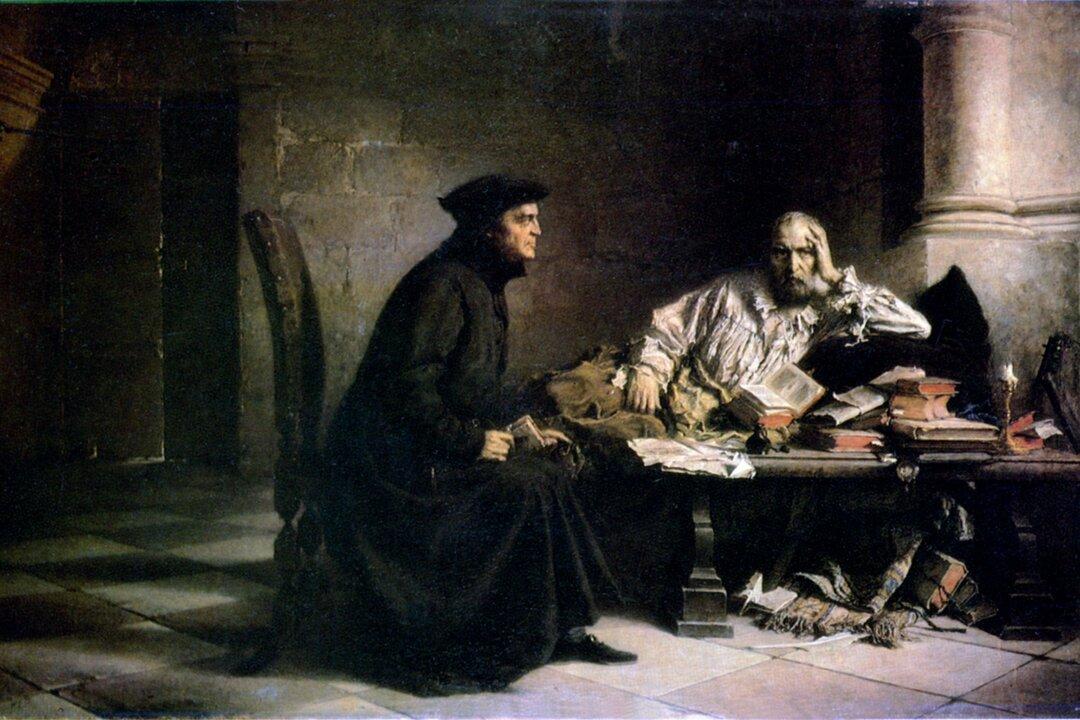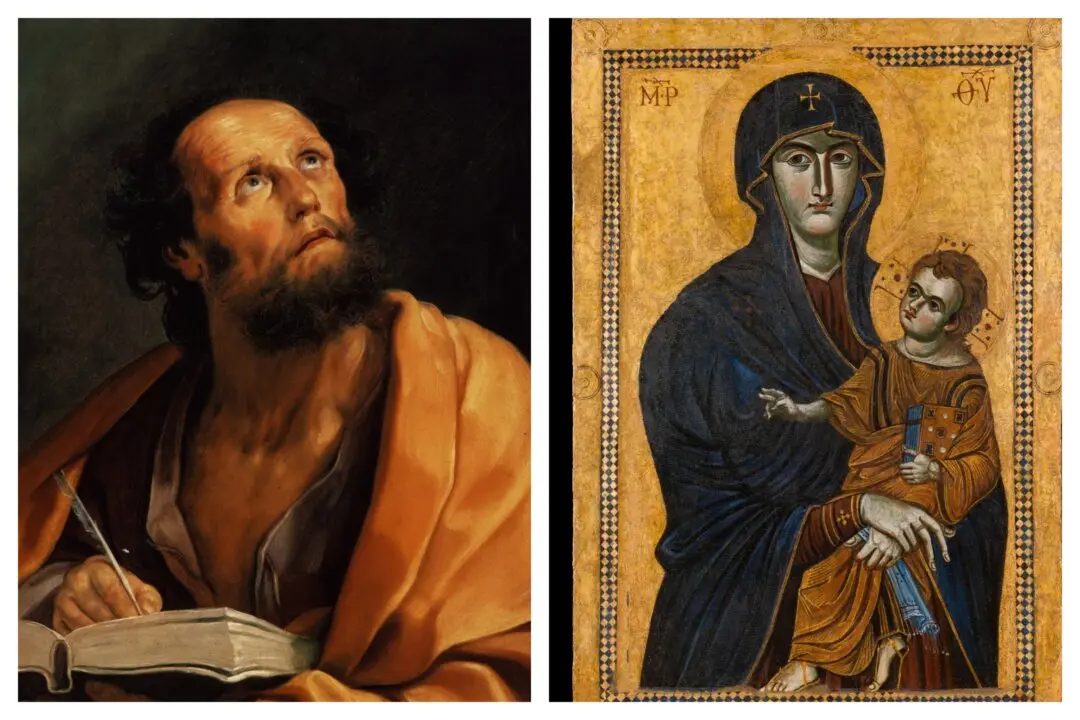Do not go gentle into that good night, Old age should burn and rave at close of day; Rage, rage against the dying of the light.
Though wise men at their end know dark is right, Because their words had forked no lightning they Do not go gentle into that good night.
Good men, the last wave by, crying how bright Their frail deeds might have danced in a green bay, Rage, rage against the dying of the light.
Wild men who caught and sang the sun in flight, And learn, too late, they grieved it on its way, Do not go gentle into that good night.
Grave men, near death, who see with blinding sight Blind eyes could blaze like meteors and be gay, Rage, rage against the dying of the light.
And you, my father, there on the sad height, Curse, bless, me now with your fierce tears, I pray. Do not go gentle into that good night. Rage, rage against the dying of the light.
When you ask for an example of a sonnet, you'll likely be quoted Shakespeare; for an ode, you’ll probably be given Keats. For a villanelle, you’ll almost unfailingly be referred to Dylan Thomas (1914–1953), the Welsh poet who wrote “Do Not Go Gentle Into That Good Night” (1951). Even those who care little for poetry are apt to recognize its famous refrains, thanks to the poem’s appearances in pop culture and countless parodies.The poem was published the year before Thomas’s father died. Because the poem is a son’s address to his dying father, many assume that Thomas was inspired to write the poem as he watched his father nearing death. However, Thomas actually wrote the poem some years before in 1947.





